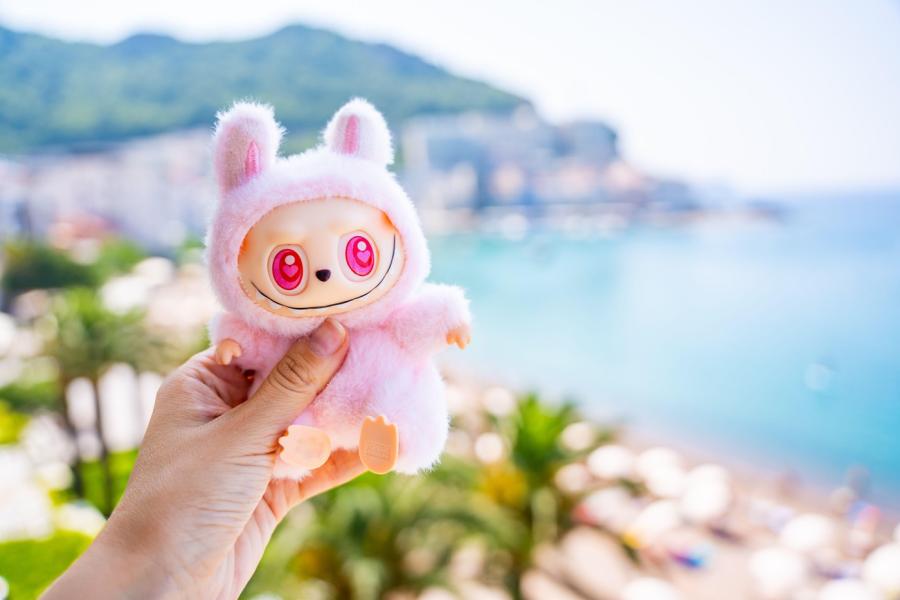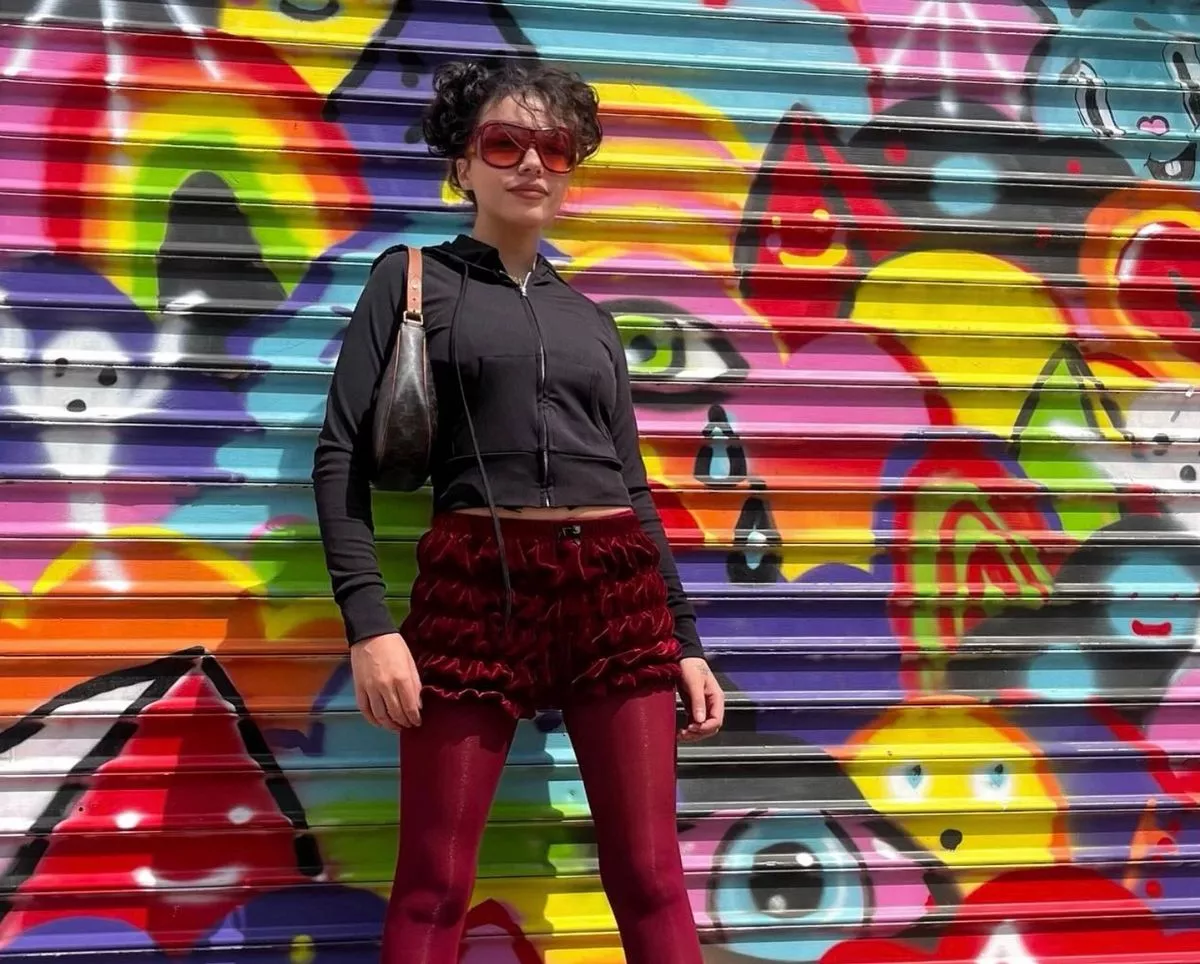
Psychologist Reveals the Disturbing Reason Why People Are Obsessed with Labubu Dolls: “These Toys Are Deeply Symbolic!”
The craze for Labubu figurines is still going strong – those creepy furry monsters hanging from bags and backpacks around the world – and now a psychologist has explained why people are so drawn to these unusual toys, and the answer is quite unsettling.
Some think these figurines are ugly and pointless and wouldn’t buy them in a million years. But others collect them obsessively, often spending hundreds of euros, and it’s not just for fun – reports Sombor.info.
Speaking to the portal Tyla, clinical psychologist Tracey King explained that items like Labubu are actually “a deeply symbolic response to the chaotic and unpredictable world we live in.”
“On the surface, they look fun and quirky. But psychologically, these figurines represent small, affordable moments of comfort, control, and identity in a world full of uncertainty,” King says.
“Once, the idea of a career offered a sense of progress – you work hard, you advance, you build security. Today, for Generation Z, that ‘ladder’ no longer exists. The career world feels more like an escape room: you solve tasks without clear rules, boundaries shift, and goals disappear.”
In such an environment, King adds, collectible items become a safe haven – you give yourself small doses of control, feel emotionally grounded, experience joy you can manage, and connect with a community.
“In a world full of uncertainty, buying a plush toy with a strawberry hat becomes nervous system regulation,” she says, writes TheTab.
Gen Z and “investing in the present moment”
Generation Z grew up in a digital environment, where identity is something created and carefully curated, not something taken for granted.
“They have witnessed pandemics, economic crises, and climate disasters. Because of this, the big goals of previous generations – career, marriage, house – often seem out of reach.”
Instead, they turn to small pleasures, soft textures, and purchases that reflect personal identity.
In an age where aesthetics are a means of expression, items like Labubu become part of emotional communication.
So why do adults buy them too?
You might wonder – why do adults buy Labubu?
Tracey King says that for many, such items are a form of emotional healing:
“They evoke feelings of safety, tenderness, and nostalgia – all the things that might have been missing or interrupted during childhood.”
It sounds trivial – but it’s not
“As long as society remains fragmented and demanding, people will keep seeking small, soft, symbolic ways to feel better.”
The culture of small things isn’t a superficial trend. It’s a psychological response to everyday pressure.”
Labubu, it’s worth recalling, overnight gained “must-have” status – what started as a cult collectible by Hong Kong artist Kasing Lung became a fashion mascot. Valentino handed them out at its pop-up event in Dubai, and global stars like Lisa from Blackpink, Dua Lipa, and even Rihanna have been seen with Labubu figurines.
While luxury fashion houses like Loewe and Balenciaga have already experimented with playful bag charms, Labubu offers something different – the thrill of the hunt. Buying a Labubu isn’t just a transaction; it’s an experience.
There’s also the financial aspect. In a time when “affordable luxury” means £600 sunglasses, a £25 Labubu is a much more accessible way to stand out in the fashion world.
The platform Depop, known for spotting micro-trends before they explode, has recorded a 376% increase in Labubu searches from December to now.





